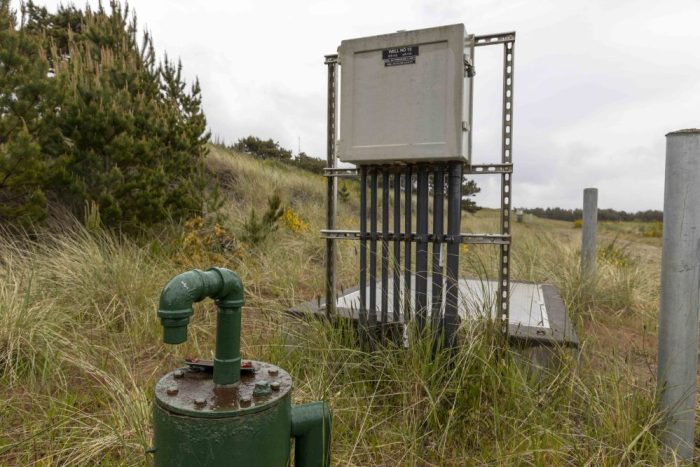However you spell her name, lone female made her mark on history
Published 4:00 pm Thursday, November 10, 2005
Lewis and Clark sounded out as many as 17 different ways of saying Sacagawea while chronicling their journey West, launching two centuries of confusion that continues today.
Or was the Shoshone woman who accompanied the Corps of Discovery called Sacajawea, or Sakakawea? In some journal entries, Clark even refers to her as “Janey.”
Author Claire Rudolf Murphy, who visited Astoria Middle School this week to talk about her book, “I am Sacajawea, I am York: Our Journey West with Lewis and Clark,” said she opts for the version favored by the woman’s ancestors.
Murphy said she spoke to Sacagawea’s descendants at a lecture in Spokane, Wash., and they told her that, according to their culture’s oral history, she should be known as “one who carries a burden.”
“Sacajawea (Sah-kah-ja-wee-ah) was given her name at the age of 3 by her Lemhi Shoshone people,” Murphy wrote in her book. “Sacajawea means ‘one who carries a burden.'”
But some people say the Shoshone spelling “Sacajawea” means “boat launcher,” Murphy noted.
She said the woman may have taken a hard “g” in the third syllable of her name when kidnapped by Hidatsa tribe members, whose pronunciation would have meant “bird woman” or “crow woman” in their language. The Hidatsa spelling is Sakakawea, she said.
But the National Park Service has adopted “Sa-ca-ga-wee-uh” as its preferred pronunciation and “Sacagawea” as its favored spelling. That’s most similar to the way the explorers sounded it out in their journals, according to the service.
And the U.S. Mint opted for “Sacagawea” when designing a new coin. That agency also agrees that Sacagawea means “bird woman.”
So is it Sacajawea, Sacagawea or Sakakawea? Does it mean “one who carries a burden,” “bird woman” or “boat launcher”?
It depends who you ask.





